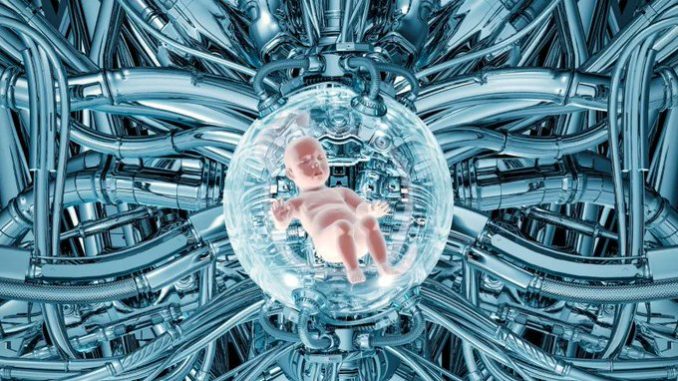
In March, Chipotle introduced Chippy, an AI-powered robotic arm that makes intentionally imperfect tortilla chips; some with slightly more salt, others with a more distinct tang of lime. And Chippy isn’t the only robot being put to work; Cecilia.ai, a mechanical mixologist, is being implemented in bars around the world to serve up the perfect margarita while chatting with customers using conversational AI.
Since the mid-2010s, the world has been advancing Industry 4.0, which is a combination of artificial intelligence (AI), additive manufacturing, and the Internet of Things (IoT). Experts argue that the COVID-19 pandemic accelerated the shift to Industry 5.0 and that soon AI-powered platforms and robots will largely take on monotonous tasks that no longer require human labor.
So how do robots learn to fulfill these tasks? And can they expand their knowledge on their own?
What Is Artificial Intelligence (AI)?
As far back as the 1950s, Alan Turing, often considered the father of computer science, asked, “Can machines think?” Since then, AI has been defined as the use of machines and computers to mimic human behavior like the problem-solving capabilities required to fulfill tasks that once required human intelligence.
Combining computer science and datasets, AI algorithms use data to make predictions and fulfill tasks. Deep learning and machine learning are both subsets of AI, although often used interchangeably, and have been used for speech recognition, customer service, stock trading, and more.
